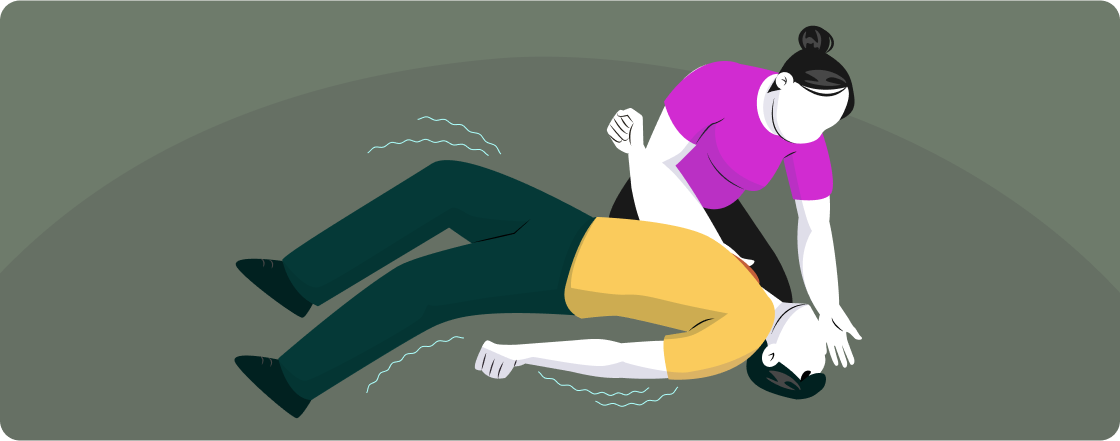
Quick Highs, Fast Fades: The Truth About Poppers
Poppers—also known by names like alkyl nitrites, amyl nitrite, or simply “room deodorizers”—are small bottles of liquid chemicals that release a strong vapor when opened. Inhaled for a few seconds, they can cause an immediate head rush, muscle relaxation, and feelings of euphoria. Popular in some LGBTQ+ spaces, particularly among men who have sex with men (MSM), poppers are often used to enhance intimacy, lower inhibitions, and prolong sexual experiences. But behind the quick high lies a riskier reality that deserves closer attention.
What Are Poppers?
Poppers are chemical compounds usually sold in small bottles and marketed under euphemistic labels like “leather cleaner” or “video head cleaner.” Despite the harmless-sounding packaging, these substances are inhaled to produce a temporary high by dilating blood vessels and increasing heart rate. The effects come on quickly—often within seconds—and last only a few minutes, making them a popular party or bedroom enhancer.


The Role of Poppers in the LGBTQ+ Community
Historically, poppers have had a strong cultural presence in LGBTQ+ nightlife and sexual exploration. For many, they’ve been part of navigating pleasure and identity, providing both physical and psychological release. In some ways, they symbolize rebellion against a society that historically policed queer desire. But while poppers can create a moment of connection or confidence, they can also mask deeper struggles like performance anxiety, body image issues, or loneliness.

Are There Any Risks With Frequent Use?
Yes. While poppers are not considered physically addictive in the traditional sense, frequent use comes with both health and behavioral risks. Inhaling these chemicals can cause lightheadedness, low blood pressure, headaches, and in rare cases, fainting or dangerous drops in oxygen levels. According to the UK’s National Health Service (NHS), prolonged use has been linked to skin lesions, impaired vision, and risky sexual behavior due to reduced inhibition.

Can You Build a Tolerance to Poppers?
While not addictive in the classical sense, regular users may notice a reduced effect over time—an indication of tolerance. This can lead to more frequent or heavier use to achieve the same high, which may increase health risks. In some cases, individuals find themselves relying on poppers not just for intimacy but as a psychological crutch in social or sexual situations.


Signs It Might Be Time to Take a Break or Seek Support
If you find yourself using poppers to cope with anxiety, needing them to feel confident during sex, or experiencing negative health effects, it may be time to reassess. Support is available. Talking with a LGBTQ+ affirming therapist or healthcare provider can help you explore healthier ways to manage stress, intimacy, and emotional connection. Community groups and online forums can also provide non-judgmental support and shared experiences









